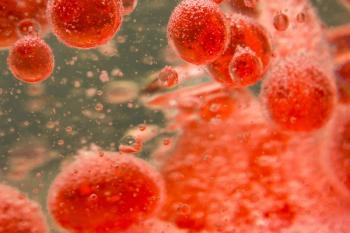
Extended follow-up from the CASSIOPEIA trial illustrates the PFS and MRD benefits of daratumumab-based induction/consolidation and maintenance therapy.

Your AI-Trained Oncology Knowledge Connection!


Extended follow-up from the CASSIOPEIA trial illustrates the PFS and MRD benefits of daratumumab-based induction/consolidation and maintenance therapy.

A subgroup analysis from the PERSEUS trial showed sustained PFS benefit in patients with newly diagnosed multiple myeloma receiving D-VRd.

Responses appear to improve over time in those with transplant-eligible newly diagnosed multiple who receive the belantamab mafodotin-based combination.
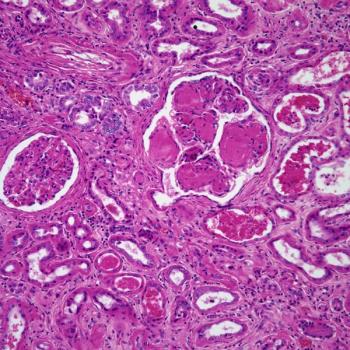
Data suggest a role for TIGIT blockade or CD25-positive cell depletion to enhance teclistamab’s efficacy in relapsed/refractory multiple myeloma.

Investigators of a phase 1a trial report high objective response rates in patients receiving forimtamig for relapsed/refractory multiple myeloma, including those with high-risk cytogenetics and extra medullary disease.

BCMA and GPRC5D loss in patients with multiple myeloma may lead to resistance to continuous treatment with anti–BCMA and anti–GPRC5D agents.
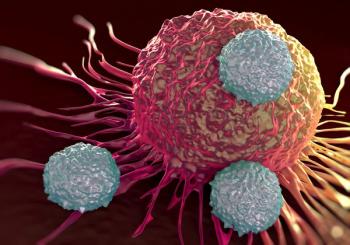
Pomalidomide plus bortezomib and dexamethasone confers a larger progression-free survival benefit than bortezombib plus dexamethasone among patients with relapsed/refractory multiple myeloma in the phase 3 OPTIMISMM trial.
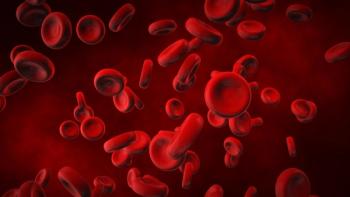
APOBEC mutational activity appears to be prognostic in patients with newly diagnosed multiple myeloma or precursor diseases who receive daratumumab quadruplets, according to Kylee Maclachlan, MBChB, PhD.
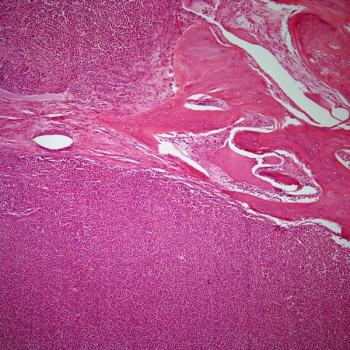
When teclistamab was evaluated in a real-world setting, investigators determined that efficacy was similar between that and the phase 2 MajesTec-1 trial for patients with relapsed/refractory multiple myeloma.

Investigators report a low rate of high-grade hematologic adverse effects following treatment with induction Dara-KRd and consolidation double transplant in patients with high-risk, newly diagnosed multiple myeloma.

Many patients with relapsed/refractory multiple myeloma appear to remain on treatment with mezigdomide-based regimens for more than 1 year, according to Albert Oriol, PhD.

Durcabtagene autoleucel shows robust expansion in vivo followed by persistence in approximately half of patients with relapsed/refractory multiple myeloma enrolled on a phase 1 trial.

Talquetamab appears to produce the highest overall response rates vs other types of bispecific antibody monotherapy among patients with relapsed/refractory multiple myeloma in a systematic review.

Investigators report no grade 3 or higher adverse effects in patients with multiple myeloma assigned to undergo strength building or walking as part of a study.

Findings from the phase 2 GMMG-CONCEPT trial suggest that elevated lactate dehydrogenase levels correlated with worse survival in patients with newly diagnosed, high-risk multiple myeloma.